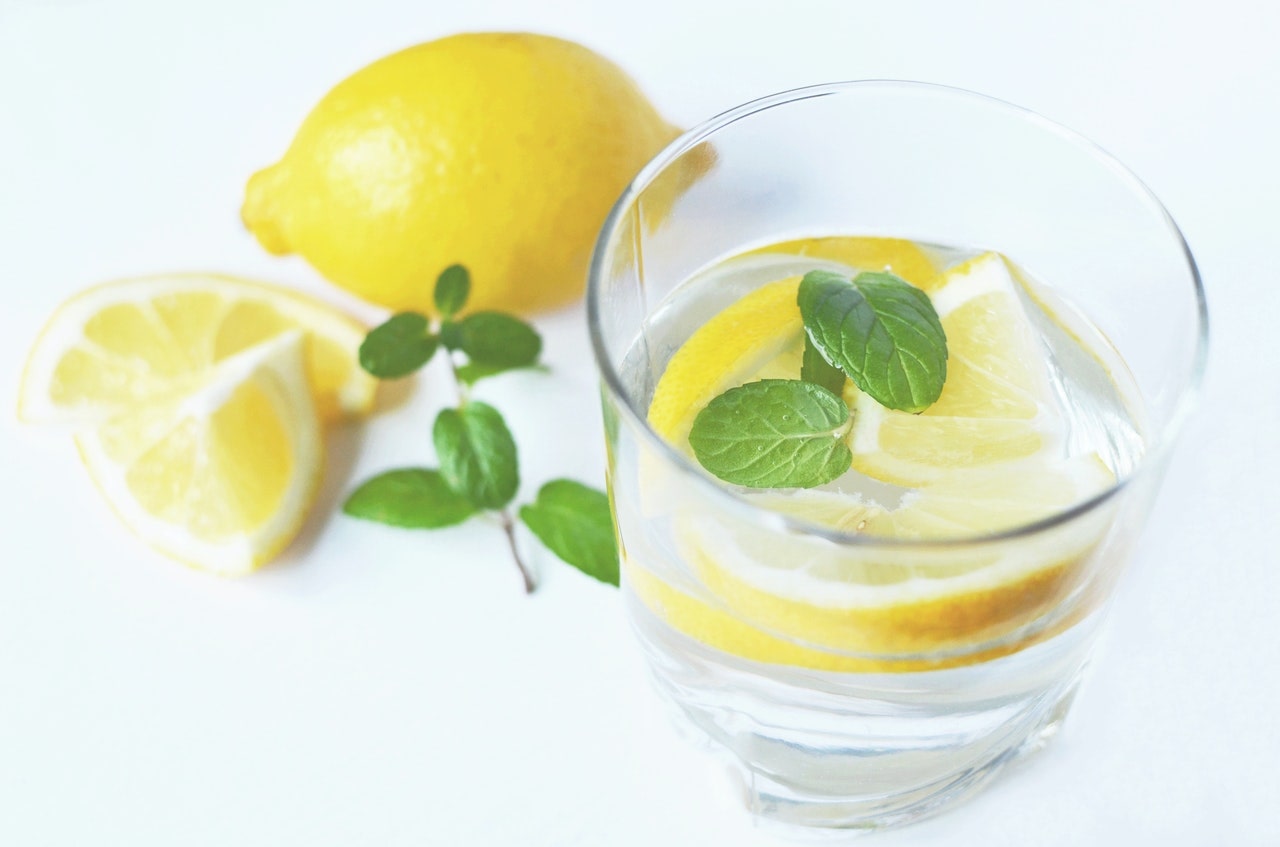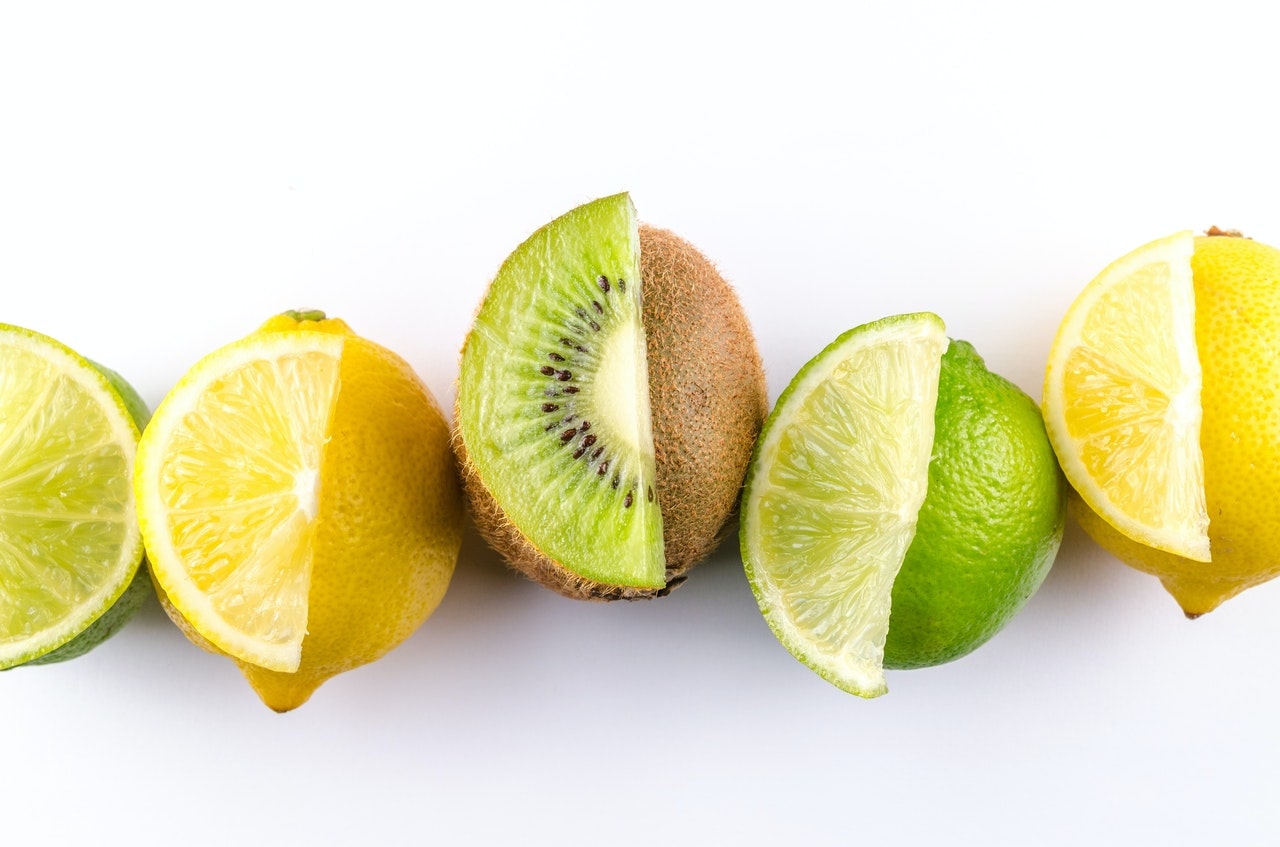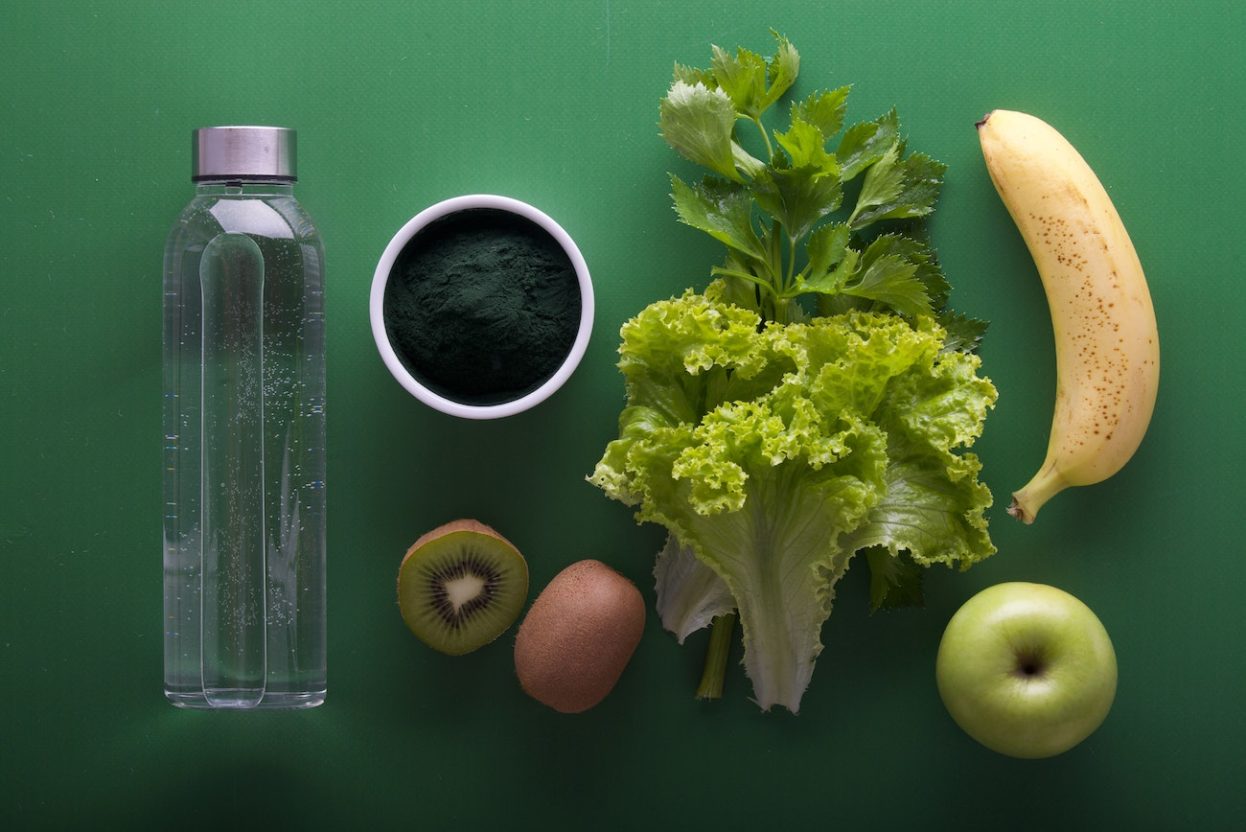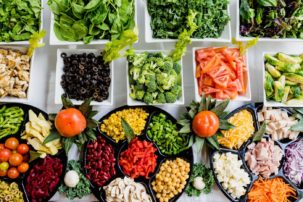An unbalanced gut microbiome can lead to all sorts of digestive problems, including constipation, diarrhea, gas, bloating, IBS and even depression. When it comes to rebalancing your gut, it’s all about supporting it with the right nutrients.
While whole food, plant-based prebiotic supplements like our Prebiotic Blend may help to aid digestion, there are a number of other natural remedies that can also work to get your bowels moving again.
It all starts in the mouth
A very simple but effective way to aid your digestion is by chewing. The average Australian chews their food 5-6 times before swallowing.
Interestingly, digestion begins with the brain, by first smelling, looking and breathing deeply before a meal.
Rather than 5-6 times, you should actually be chewing each piece of food 15-20 times, which then allows the digestion-brain feedback loop to kick in.
Activating this feedback loop causes a cascade of hormones and enzymes to be released and allow for proper digestion of your food.
Try chewing each mouthful food 15-20 times. Alternatively, if you really want to, try chewing until the food is liquid before swallowing.
Up your fibre intake
Fibre is good for your digestive system because it helps add bulk to your stool and keeps your bowel movements regular. If you’re looking to increase your fibre intake, start by incorporating a variety of fruits, vegetables and nuts to your diet.
By eating foods high in inulin fibre – a soluble type of fibre classified as a prebiotic – you’ll feed the probiotics in your gut and help to balance the bacteria living there.
Chicory root
While it’s probably not the most readily available food on the supermarket shelf, chicory root is a great source of inulin fibre. Try adding it to your diet by switching out your morning cup of coffee with a chicory alternative instead.
You can also get your inulin fix from our Prebiotic Blend, a natural health supplement that’s packed with plant-based whole foods to load your gut with only the good stuff, including chicory root, green bananas and cinnamon.
Drink lots of water
To make sure that your bowels are moving regularly, it’s important to stay hydrated. Not drinking enough water makes you more likely to experience constipation. Often caused due to a dehydrated colon, constipation can be prevented by simply increasing your daily fluid intake.
Drinking water (and other non-caffeinated fluids like herbal tea) will help to keep your colon hydrated and make using the bathroom a much more pleasant experience.
Get your body moving
Regular exercise is good for you in so many different ways. Not only can it help with improving your mood, increasing your energy and facilitating weight loss, but moving your body on a daily basis can also help with digestion.
Studies have shown that moderate daily exercise can help to speed up the digestion process and get food moving through the body faster.
Natural health supplements
We believe that prebiotic supplements should contain only natural, plant-based whole foods – just as Mother Nature intended. That’s why our Prebiotic Blend is made with only natural ingredients and nothing else.
Specifically formulated to aid digestion and feed the probiotics in your gut, our Prebiotic Blend harnesses the power of chicory root and 8 other plant-based whole foods to balance your bowel for the better.
Help your body to help itself
By taking care of your body, your body will take care of you. If you’re having digestive problems, start looking at how you can provide your body with the nutrients it needs to better digest the food you’re putting in it.




